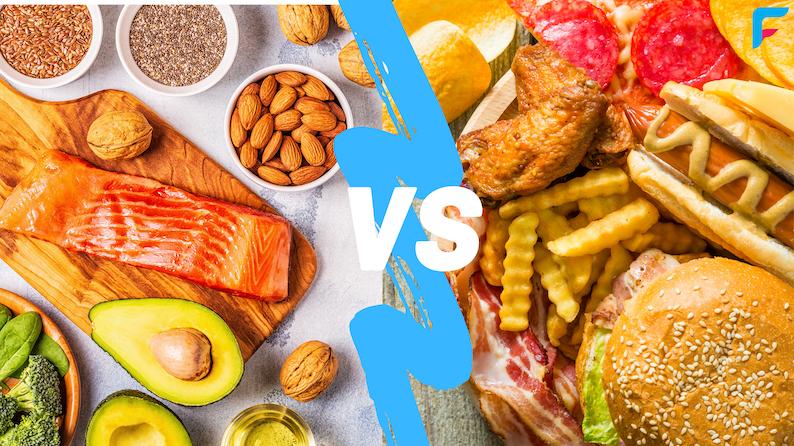Social Well-Being
As a society of people, relationships and deep bonds play a vital role in allowing us to live fulfilling lives. Be proactive in connecting friends and family daily. In addition to that, add some fun to these interactions with virtual activities to spice things up such as Trivia Night or an interactive group online game.

Intellectual Well-Being
The mind, just like the body when trained, can get stronger. Books are some of the best ways to expand the mind and ensure Intellectual Well-Being. Through intelligence, humans possess the cognitive abilities to learn, form concepts, understand, apply logic, and reason, including the capacities to recognize patterns, plan, innovate, solve problems, make decisions, retain information, and use language to communicate. Below are some books to strengthen the mind.

Books:
1. Get out of Your Own Way – Mark Goulston and Philip Goldberg
2. Furiously Happy – Jenny Lawson
3. An Unquiet Mind – Kay Redfield
4. The Happiness Trap – Russ Harris
Emotional Well-Being
Emotional well-being has been defined as an overall positive state of one's emotions, life satisfaction, sense of meaning and purpose, and ability to pursue self-defined goals. Elements of emotional well-being include a sense of balance in emotion, thoughts, social relationships, and pursuits. Practicing gratitude has been one of the best ways to nourish your emotional state. You CANNOT be worried and grateful at the same time. Start to notice and identify the things you are grateful for. Tune in to the small everyday details of your life and notice the good things you might sometimes take for granted.

Try these ideas:
Each day, think of 3 things you are grateful for. Nature. People. Community. Shelter. Creature comforts like a warm bed or a good meal. It's amazing what you notice when you focus on feeling grateful.
Start a gratitude journal. Making a commitment to writing down good things each day makes it more likely that we will notice good things as they happen.
Practice gratitude rituals. Some people say grace before a meal. Pausing in gratitude before eating doesn't have to be religious. It's a simple habit that helps us notice and appreciate the blessing of food on the table.
Physical Well-Being
Providing our body with the right "fuel" and "upkeep" determines the quality of our life experience. Even taking a short walk or climbing a flight of stairs can reduce stress and increase alertness. A regular exercise routine can boost one's mood, increase concentration, and even help alleviate symptoms of anxiety and depression. Healthy eating also means having a healthy attitude toward food. Enjoy meals with friends, try new foods and try not to obsess over food. If you do find that your relationship to food is affecting your mental or physical health, get the facts on eating disorders and take the important step of finding help.

Of course, the body and mind also need adequate rest, especially good quality sleep. Studies have shown that looking at screens before bedtime can affect how quickly you fall asleep and the quality of that sleep. Blue light from your smartphone affects the production of melatonin, the hormone that regulates your sleep/wake cycle. Reading, texting, posting, etc. keep your mind active when it should be winding down instead. Oh, and then there are those texts in the middle of the night….

Here are some FREE virtual activities to do with your friends or loved ones.
1. Assemble a virtual Jigsaw Puzzle: https://www.jigsawexplorer.com/
2. Complete a virtual Word Search Puzzle: https://thewordsearch.com/
3. Guess the picture: https://wordwall.net/resource/2637008/guess-the-picture
Mind Exercises:
Virtual Sudoku: https://www.websudoku.com/
Mental Puzzles: https://www.mentalup.co/blog/brain-teasers-3



